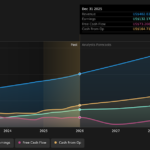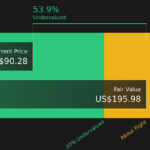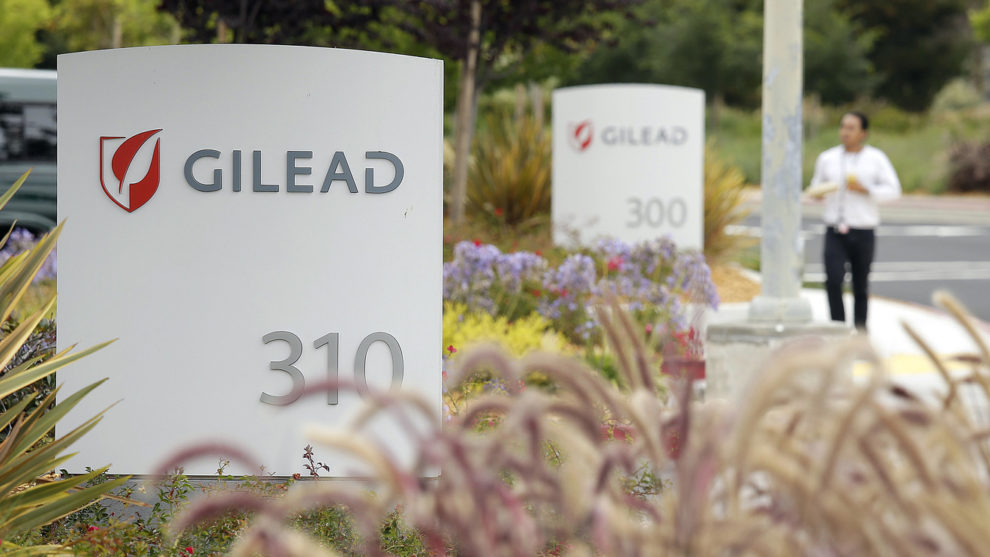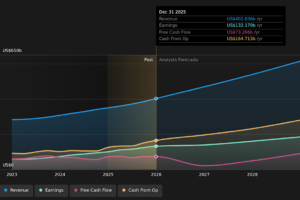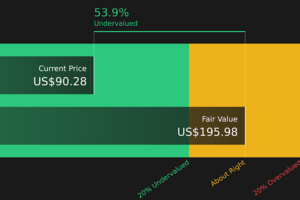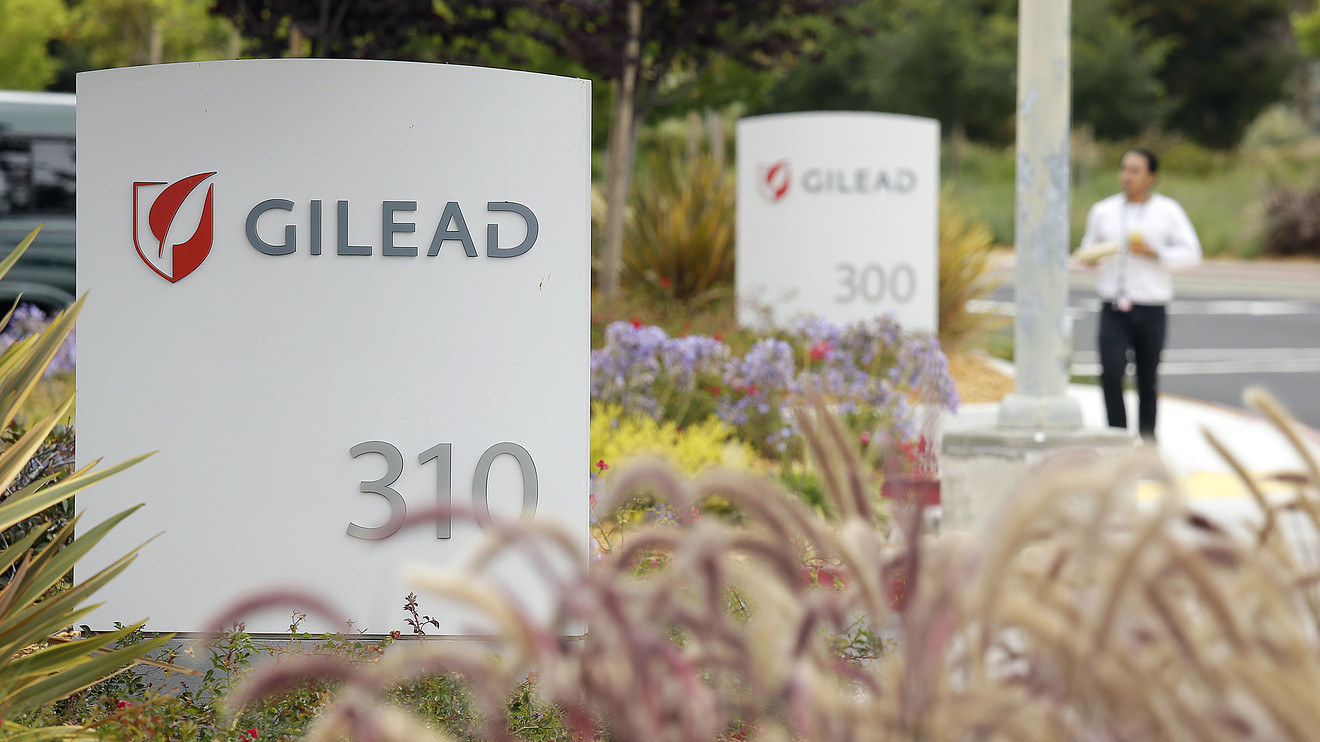
Stocks opened with strong gains Friday, putting equities on track to end a positive week on a strong note, after a treatment for the deadly COVID-19 pandemic was reported to show early signs of promise and after the Trump administration announced guidelines for reopening the economy.
What are major indexes doing?
The Dow Jones Industrial Average DJIA, +2.21% rose 550 points, or 2.3%, 24,086, while the S&P 500 f SPX, +1.95% advanced 50 points, or 1.8%, to 2,849. The Nasdaq Composite COMP, +1.08% was up 100 points, or 1.2%, at 8,632.
Stocks ended a choppy session on the positive side of the ledger Thursday, with the Nasdaq Composite COMP, +1.08% leading the way to end at 8,532.36, up 139.19 points, or 1.7%. The Dow DJIA, +2.21% rose 33.33 points, or 0.1%, to finish at 23,537.68, while the S&P SPX, +1.95% added 16.19 points, or 0.6%, to end at 2,799.55.
What’s driving the market?
Support for stocks was attributed to a report from health-care media site Stat News that indicated promising results for a drug used to treat COVID-19, the disease that has claimed more than 140,000 lives around the globe and forced the closure of much of the U.S. and global economy in an effort to contain it.
University of Chicago Medicine researchers said they saw “rapid recoveries” in 125 COVID-19 patients taking Gilead Sciences Inc.’s GILD, +8.19% experimental drug remdesivir as part of a clinical trial, according to a Thursday night report.
Read:Why an analyst bullish on Gilead says antiviral drug ‘won’t solve’ COVID-19
The results have grabbed the attention of Wall Street because there is no vaccine for the potentially fatal illness, and any signs of progress toward a treatment have the potential to elicit euphoria from investors who have been rocked by the economic shock that has resulted from efforts to slow down the spread of the contagion.
“The dynamic is still bullish in markets because bad news is being cast away as priced in and good news is justification for further recovery,” said Jasper Lawler, head of research at London Capital Group, in a note.
More than 22 million Americans have lost their jobs over the past month, according to weekly data from the U.S. Labor Department, likely lifting the unemployment rate to around 15% from 3.5% in February.
See:Coronavirus erases almost all the 23 million new jobs created since the 2007-09 recession
However, even though remdesivir is considered a front-runner to help treat COVID-19, the results represent a very small sample and aren’t based on full clinical-trial data.
“If we’re playing devil’s advocate to the bullish reaction—an important word here ‘is ‘early’. It was a small trial and there was no control group so there’s plenty of room for error,” Lawler said.
Optimism around a treatment came as President Donald Trump late Thursday outlined a three-phase process to restarting the U.S. economy that puts the onus on states.
“America wants to be open, and Americans want to be open,” Trump told reporters at the White House on Thursday, adding later, “We must have a working economy, and we want to get it back very, very quickly.”
There is no direct timetable assigned to the guidelines, but under the first phase, movie theaters, restaurants, sports venues, places of worship, gyms and other venues could reopen with social distancing guidelines in place. Meanwhile, nonessential travel, bars, and schools could be restarted with limitations in the second phase; while further restrictions would be slowly phased out in the final stage.
Meanwhile China reported that its economy contracted by 6.8% in the first three months of the year compared with a year earlier, the country’s first such drop since Beijing began reporting quarterly gross domestic product in 1992. The data, reflecting the hit to the economy suffered as the China dealt with the coronavirus outbreak earlier this year, was seen underlining the economic pain being suffered in the U.S. and Europe as they attempt to contain the outbreak.
The economic calendar on Friday is light, featuring only April leading economic indicators at 10 a.m. Eastern.
Which companies are in focus?
- Shares of Gilead rose more than 10%.
- Apple Inc. AAPL, -0.83% shares fell 0.4% after Goldman Sachs analysts downgraded the stock to sell on Friday and cut its price target to $233 from $250, as it reduced its earnings estimates for a third time since Feb. 17.
- Shares of Boeing Co. BA, +13.74% , which tumbled 8% in regular trade on Thursday, saw its shares more than take back that decline after the aeronautics manufacturer and defense contractor said it would resume making planes. The company has been under crushing pressure due to the coronavirus outbreak and the grounding of its 737 Max fleet.



